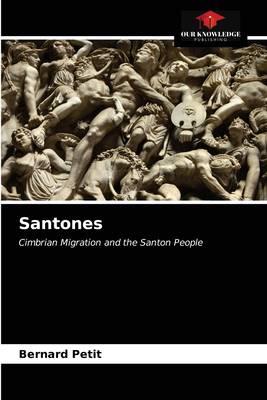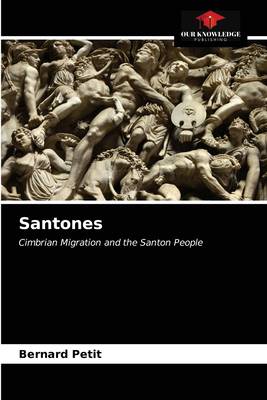
- Afhalen na 1 uur in een winkel met voorraad
- Gratis thuislevering in België vanaf € 30
- Ruim aanbod met 7 miljoen producten
- Afhalen na 1 uur in een winkel met voorraad
- Gratis thuislevering in België vanaf € 30
- Ruim aanbod met 7 miljoen producten
Zoeken
Omschrijving
During the last quarter of the 2nd century BC, life in Western and Central Europe was profoundly disrupted by a major migratory process, with far-reaching consequences. Today, the confrontation of contributions from a wide variety of fields of study allows a complete re-reading of a theme that has been studied very occasionally and for which no book had yet been written. This episode, called a santon by the populations concerned and a cimbrique by the moderns, has not received the care required by its historical and human importance due to the poor conservation of the great Latin and Greek historical narratives. In the central-western Atlantic, the people known as the Santon offer a case study of the settlement at the end of the 2nd century B.C. of new populations, mainly present in the upper categories of the local society.
Specificaties
Betrokkenen
- Auteur(s):
- Uitgeverij:
Inhoud
- Aantal bladzijden:
- 572
- Taal:
- Engels
Eigenschappen
- Productcode (EAN):
- 9786203238297
- Verschijningsdatum:
- 22/01/2021
- Uitvoering:
- Paperback
- Formaat:
- Trade paperback (VS)
- Afmetingen:
- 152 mm x 229 mm
- Gewicht:
- 830 g

Alleen bij Standaard Boekhandel
+ 121 punten op je klantenkaart van Standaard Boekhandel
Beoordelingen
We publiceren alleen reviews die voldoen aan de voorwaarden voor reviews. Bekijk onze voorwaarden voor reviews.











